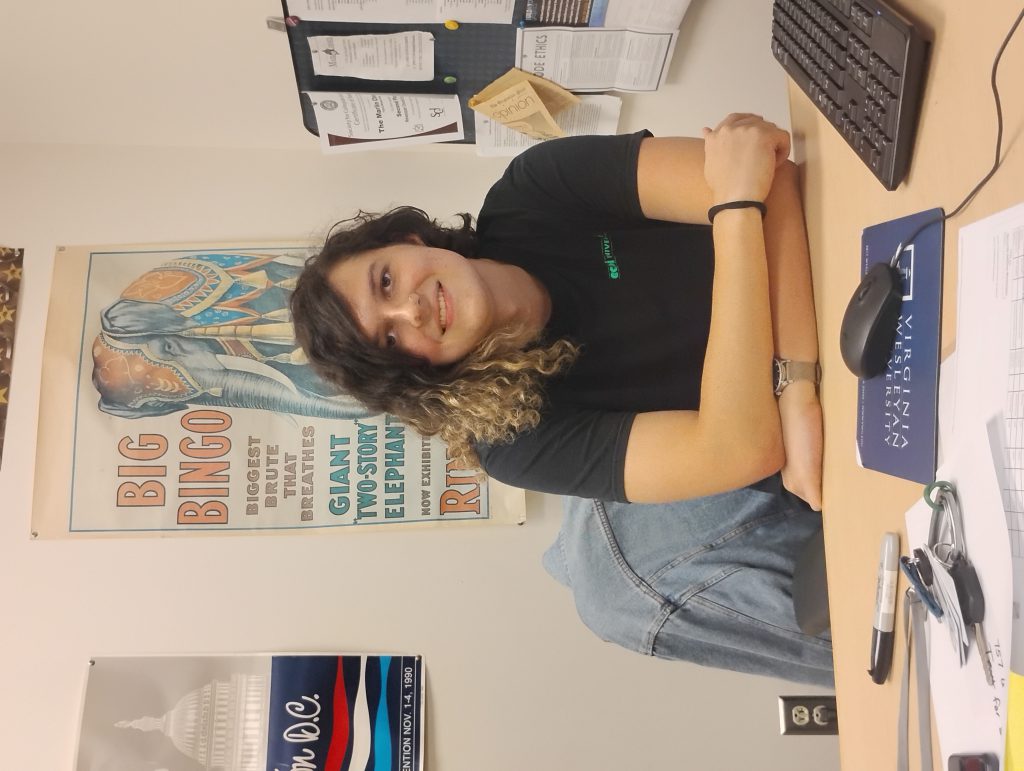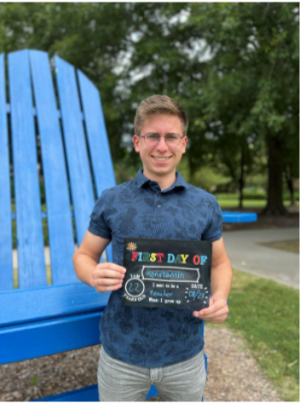In a time when so many are challenging how it is acceptable and unacceptable to view certain issues, it appears that we may be overlooking a relevant one that affects all who live to see their golden years, ageism.
We all have basic rights in education to ensure that resources are equally available to people of all groups and classifications. However, this is not always a reality. Fast-forwarding as life often does, many do not attend college right away.
We have more and more non-traditional students just enrolling in or returning to college after years in the workforce, military and/or taking care of family. They share classrooms with students sometimes more than half their age. The closing of the local paper mill in Franklin, Virginia and the Ford plant in Norfolk means many have had to pursue retraining and vocational rehabilitation to provide for themselves and/or their families.
With this trend, one has to wonder if there a new form of discrimination in the education system. Are adults over the age of twenty-two not offered equal education, yet charged the same fees?
Adults returning to school for their first degree or adding to their academic resume require a different skill set than that of their younger classmates, part of which is just showing up. Non-traditional students who live off campus need to come early and stay late. Additionally, for these students, getting to class is more dangerous than a walk across campus. Many adults choose the brick and mortar schools over online classes because they know how to interact with people in real life and real time rather than in a pseudo-world. Attending brick and mortar schools means a whole host of differences compared to their younger classmates. There are additional expectations placed upon them because of their age. They do not share peer or social groups on campus and do not have a place to gather like the dorms, or a social environment similar to their workplace. Furthermore, they are limitations on the resources available to them due to age or time.
Campus staff and faculty are also so accustomed to dealing with 18-22-year-olds that they at times do not know how to interact with these non-traditional students. These non-traditional students have dreams and goals that are different from their younger classmates. Many colleges and universities are not equipped to deal with, or understand, these needs. Undergraduate programs are not fully able to meet non-traditional students where they are. A non-traditional student is likely to have knowledge they have been applying in their career or life without the diploma to prove it.
These non-traditional students bring new opportunities and challenges. Many have children who often come to campus, causing a need for changing tables in the restrooms. They also have to be mindful of what their children see and hear when on campus.
In addition to such challenges, college is not even the philosophical exchange of ideas that many non-traditional students expect when enrolling. A freshman I recently spoke with expressed a similar sentiment, saying he thought there would be more intellectual discourse. Those in the traditional demographics living on campus have other interests on campus besides academics to occupy their time. Those whose age limits them from living on campus have primarily academic reasons for coming to campus as opposed to social. Yes, there are honors classes that one can take without being in the honors program to make their courses more challenging based on their intellectual level. However, why isn’t there already a difficulty level built into the curriculum at the college level? Why should an older student be expected to practice intellectual humility if their classmates are showing up unprepared?
A non-traditional student was actually discouraged from going on one of Virginia Wesleyan’s many study away course offerings due to the multitude of younger students and lack of donor funds only to hear there was no issue with donor funds. Additionally, they were excluded from the email chain regarding grant opportunities for the trip after meeting the essay and reference requirements.
As a person who donates to a national museum and has certain organizations in their will and life insurance, one might think their college might be more cognizant that an older student will more likely have disposable income to share with their alma mater before traditional students finish paying off their college loans.
Sabrina Lemons
smlemons@vwu.edu

